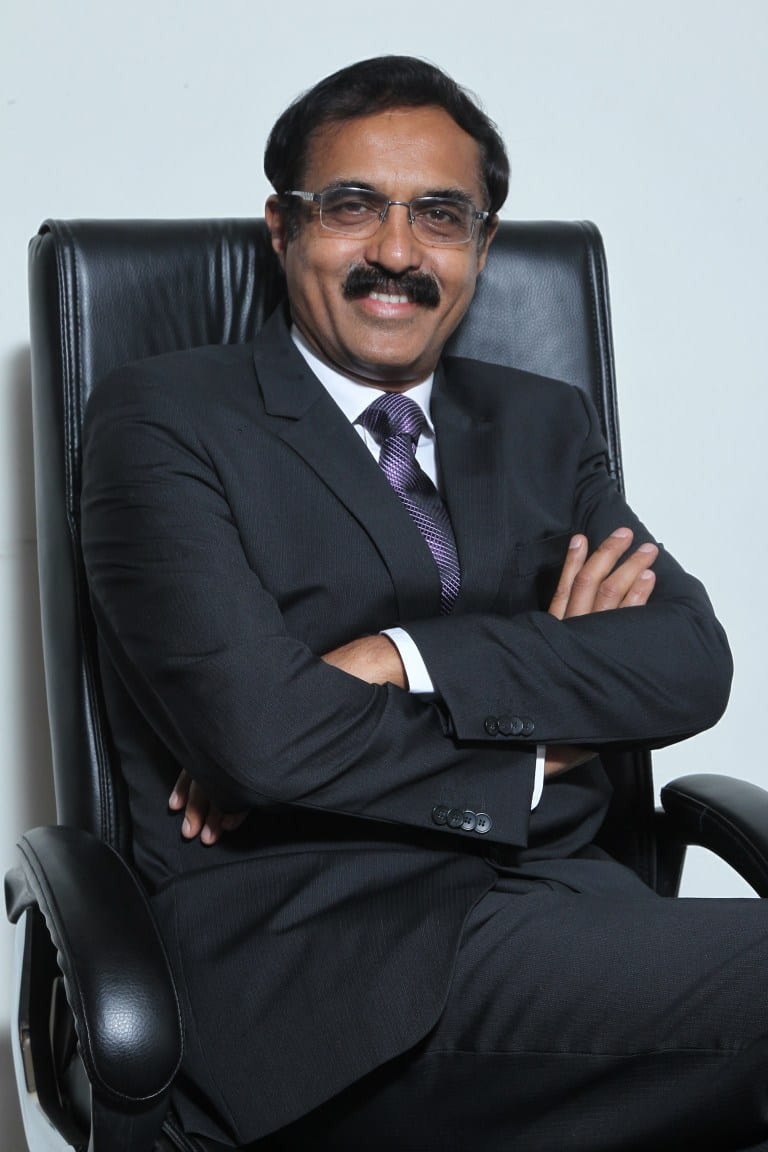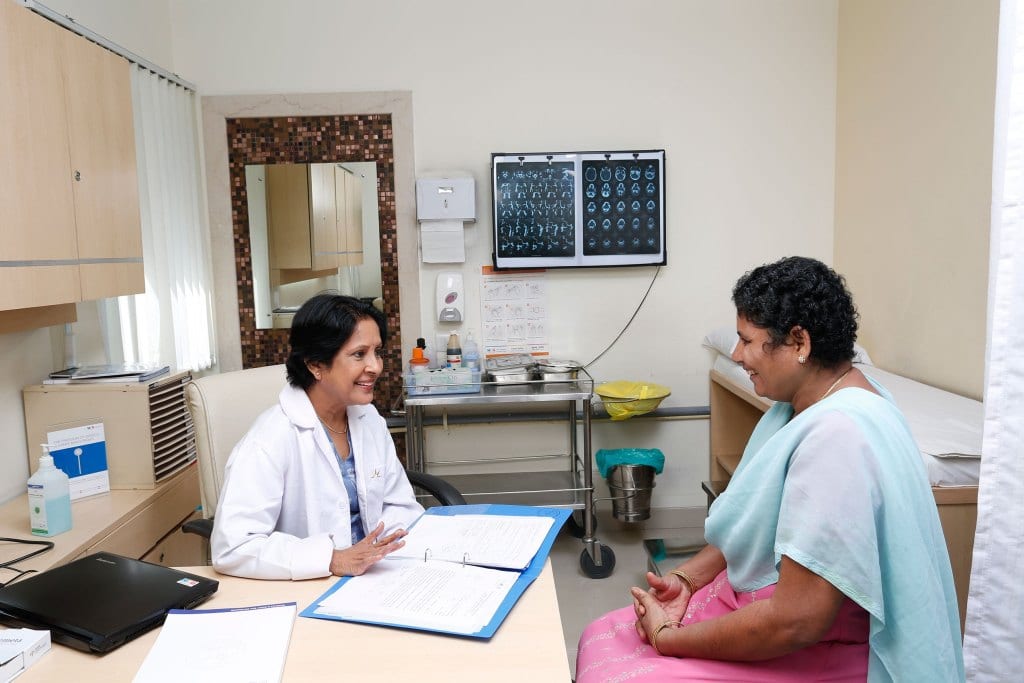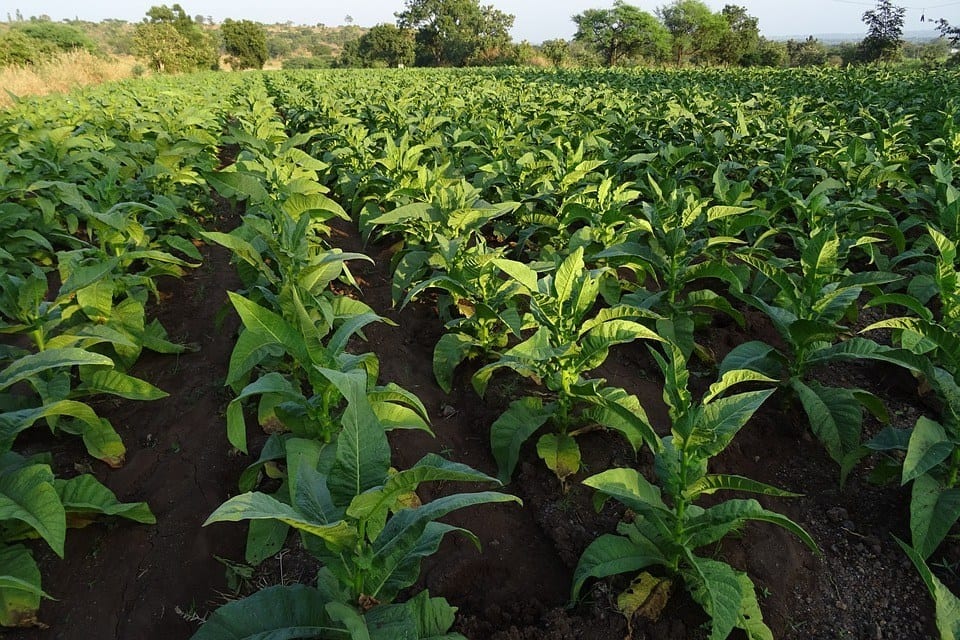Virtual hospitals, cloud-based eICUs, hub-and-spoke model – he leverages every technological aide in a radical treatment for cancer care. Dr. BS AjaiKumar is the Chairman & CEO of HealthCare Global Enterprises Ltd, a leader in cancer care with a network of 18 centres pan-India. This is the doctorpreneur under whom cancer treatment has acquired extra heft, as technology is yoked at every step to achieve positive patient outcomes at a fraction of the cost and effort otherwise required.

Just a Quick Note:
InnovationsOfTheWorld.com has partnered with Trade License Zone (TLZ) to support global innovators looking to expand internationally. Take advantage of the UAE’s Free Zones—enjoy streamlined setup, low corporate taxes, and a strategic gateway to the Middle East and beyond.
Get Your UAE Free Zone License Fast & Easy!Accuracy is important in cancer treatment. Nearly 40% of the time, there is a ‘geographic miss’, where a part of the tumor escapes radiation
Every Tuesday morning at half-past 8, specialists gather at the HCG Hospital in central Bengaluru at a tumour board, reviewing cases from different parts of India. It is a virtual tumour board, with all HCG centres being beamed to Bengaluru “like a space station” Dr. AjaiKumar tells Sandhya Mendonca.
Not just cases from India, but even those from Africa and the Middle-East are discussed and reviewed, and patients from far-flung places get the benefit of a multidisciplinary opinion without having to physically travel to Bengaluru. Concern about the immense cost that families incur in travelling hundreds of miles for treatment drives the tech effort at HCG, and ensures that they get the best treatment in their own locations.
Accessible, affordable treatment
There are three aspects to oncology: proper diagnosis, proper treatment and delivery of treatment. HCG leverages technology in all three areas to make treatment more accessible and affordable. This strategy is much acclaimed, and a Harvard Business School study commends HCG’s ‘reverse innovation’ to get the same outcome at a fraction of the traditional cost. The triad of telephysics, teleradiology and digital pathology plays a big role in this effort.
Accuracy is important in cancer treatment. Nearly 40% of the time, there is a ‘geographic miss’, where a part of the tumor escapes radiation, explains Dr. AjaiKumar. Telephysics minimises this possibility. “We do physics planning so that the accuracy is the same as though the patient has come to Bengaluru.”
Teleradiology comes into play when PET (positron emission tomography) scans in HCG’s radial centres are automatically read in Bengaluru, with “a very accurate reporting skill”. Digital pathology completes the triad. A pathologist at the Bengaluru centre works in tandem with one in a smaller town. The real-time collaboration benefits the patient.


Hospital-at-home
Dr. AjaiKumar sees this all these efforts as the first step towards creating virtual hospitals. “Home is the best place for people to stay. Patients should be in hospital only for acute intervention.”
HCG is working on making eICUs (electronic intensive care units) a reality. This enables a patient’s home to be a virtual hospital, with vital signs being monitored every minute. This has huge benefits for patients. Hospital infections can be avoided and there is the psychological relief of being treated in the comfort of one’s own home.
And, rather than a ‘step down ICU’ which hospitals have for patients who are getting better but still need extra care, HCG is focusing on virtual hospitals. The project is expected to come to fruition by 2021. For those who need to be in hospital, cameras for ICU beds solve the problem of shortage of intensivists to a large extent. But the emphasis is not solely on technology to the exclusion of everything else. “We train our people to treat the patient as their own family member,” says the doctor.
Think-tank
His focus extends to what ails society and he has set up ‘Antardhwani’ (inner voice), a think-tank to examine public policy, demand accountability, and create structural change. He scoffs at band-aid solutions like subsidies and loan waivers, ruing that the privileged have a vested interest in keeping the poor poor. One of Antardhwani’s initiatives is to encourage farmers to give up tobacco farming, as the incidence of cancer can be brought down by 35-40% in any socio-economic group if only smoking is stopped. In the absence of a ban, Antardhwani is supporting cultivation of alternative cash crops on a 10-acre plot to persuade tobacco farmers to do the same.
Once the incidence of cancer is brought down, the focus can be on other exciting things, he says. “My interest is in anti-ageing -how do we create a society with no Alzheimer’s , no cancer, no heart disease. Where people can be active, productive, where age doesn’t matter…”
HCG has many firsts to its credit finds out Sufia Tippu.
- Asia’s first bloodless bone marrow transplant.
- India’s first Computer Assisted Tumour Navigation Surgery (CATS).
- First in India to introduce Flattening Free Filter (FFF) mode technology.
- First in Asia to treat patient with 3D radio-guided surgery – Surgic Eye.
- Introduced biological reconstruction to treat bone cancer in India.
- First in India to remove a tumour in the left ventricle of the heart through CyberKnife.
- First in India to introduce high precision, Trans-Oral, Laser Surgery (TOLS), endoscopically.
- Largest number of breast conservation surgeries in India.
- First in India to introduce hyperthermia as a form of treatment.
- First hospital in India to introduce TomoTherapy H®.
- First in the world to perform the quickest radiosurgery to treat Trigeminal Neuralgia (“The Suicide Disease”).
Awards
- Best Marketing Campaign for SelfV Survivor Stories at the Asian Healthcare Leadership Awards 2014
- ‘CEO of the Year’ for Dr. AjaiKumar at the Asian Healthcare Leadership Awards 2014
- Awarded ‘Best Health Care Group of The Year’ by Bangalore Management Association
- First Hospital in India to win the Golden Peacock Award – Innovation Management
- E&Y ‘Entrepreneur of the Year’ award
- CII ‘Emerging Entrepreneur of the Year’ award, 2011
- Frost & Sullivan Oncology ‘Leader of the Year’ two times in a row
- Awarded ‘The Best Place to Work’ by Hosmac and People Strong
- Awarded ‘The Most Innovative Single Specialty Healthcare Entity’ by VCCIRCLE
- Limca Awards for forming the largest human ribbon, and for creating the largest to-scale model of the lung













